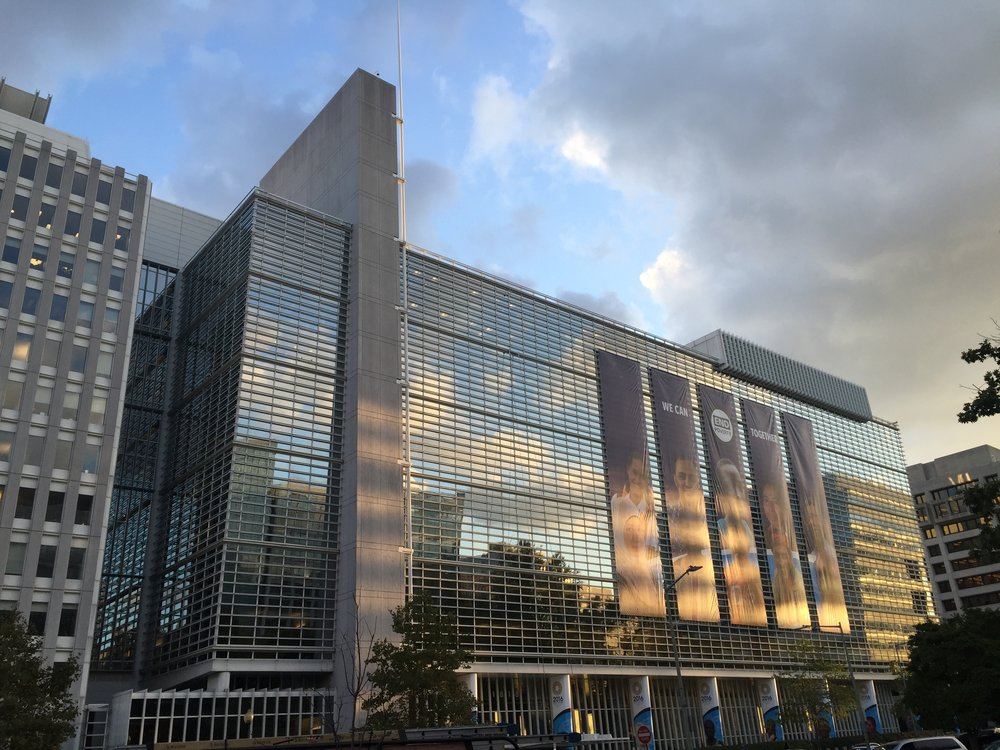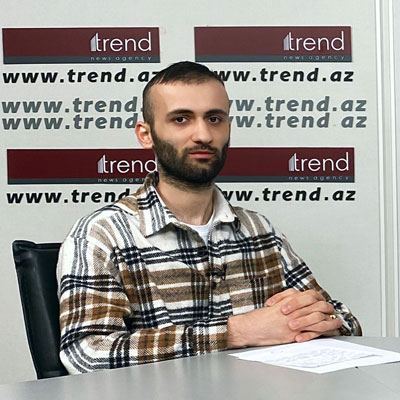BAKU, Azerbaijan, May 4. According to a new World Bank (WB) report, countries that protect human capital will suffer less economic damage than those that do not, the WB told Trend.
The report "Protecting Human Capital through Shocks and Crises", was funded by the EU and reviews the impacts and responses of COVID-19 in the education, health, and social protection, or human development, sectors of countries in Eastern Europe and the South Caucasus - Armenia, Azerbaijan, Georgia, Moldova, and Ukraine.
"The report shares lessons thus relevant for countries in the region and beyond on how to protect people’s human capital, build better and more resilient human development systems, and minimize the long-term effects of recurrent crises," the WB said in the statement.
In addition, according to Jamele Rigolini, World Bank Lead Economist for Human Development in the Europe and Central Asia Region, the quality and resilience of the education, health, and social services that people can access substantially affect their ability to cope with shocks and crises, especially in the case of poor and vulnerable people.
He also noted that new shocks that threaten livelihoods and prosperity will continue to emerge, and it is important to invest in human capital systems with urgency now and to protect human capital throughout the shocks themselves.
According to the WB, it is necessary to build effective plans in the field of health system preparedness and monitoring for future crises, create sustainable post-crisis responses, protect the financing of human development sectors, and digitalize management and services in the fields of education, health and social protection.
“Strong education, health and social protection systems are able to deliver better quality services in normal times, and respond better to emergencies,” said Rigolini, adding that system strengthening and resilience go to a large extent hand in hand, hence investing in human development systems helps both improving long-term human capital outcomes and protecting people from crises.
The presentation of the World Bank report will be held on May 4 at the Azerbaijan State University of Economics.
During the presentation of the report, which reflects the efforts of various countries in this area, including Azerbaijan, issues related to the fight against COVID-19 and its impact on human capital, in particular on the education sector, will be considered.







